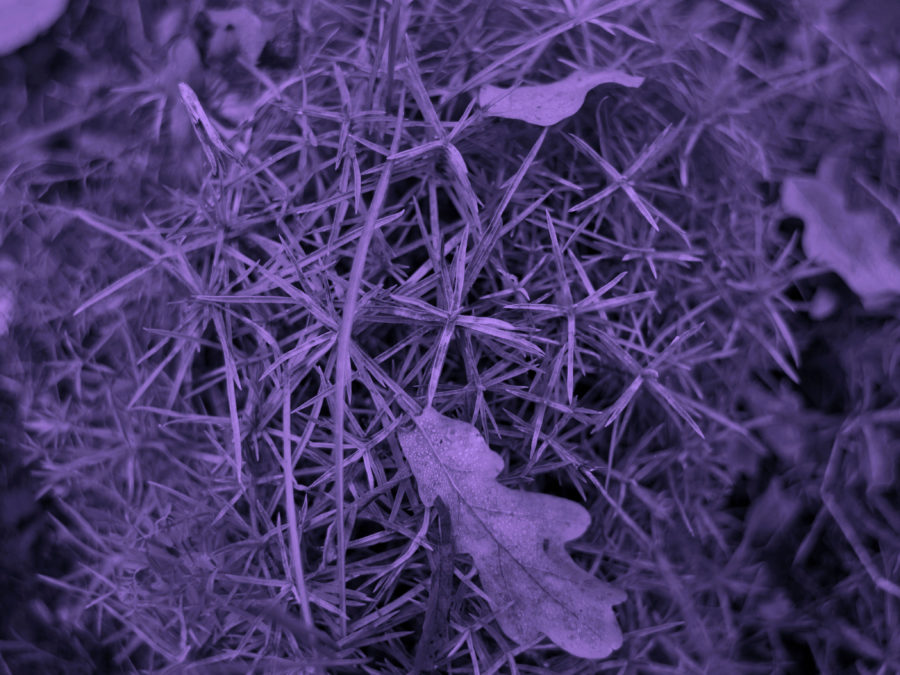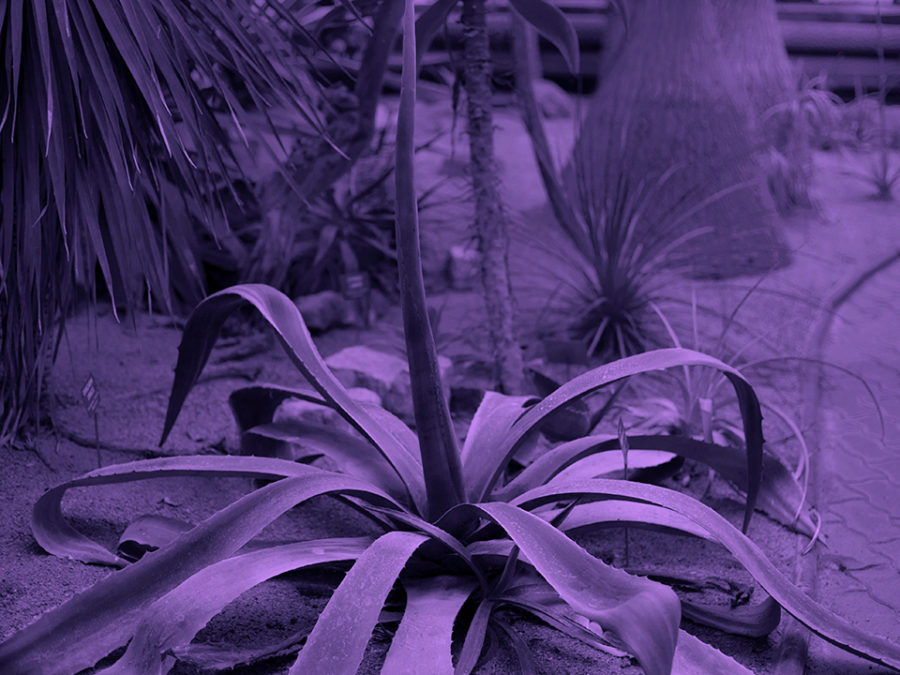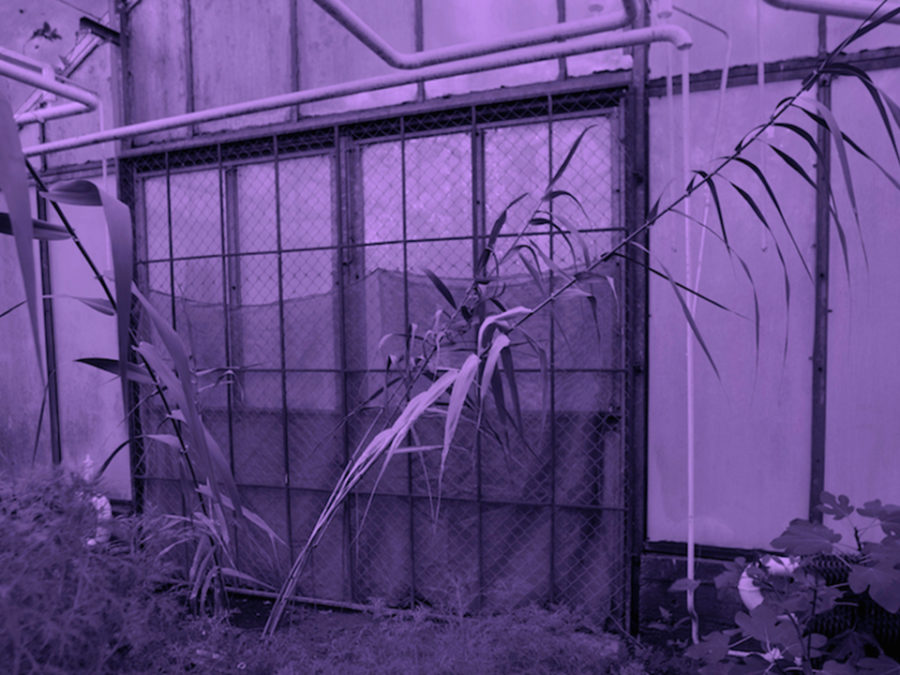Curated by Suza Husse with and for Maguey (Agave), Ceiba, Qirnefîl (Carnation), Riesenschilf (Giant reed) and Đa búp đỏ (Rubber tree) in the Botanical Garden Olomouc
Sowing pumpkin, maize, beans, chickpeas
And common lands
Among assemblies and collective decisions
Organization of life without political partiesYour parents taught you to love the land
That’s why you defend it in times of war
In times of war called dispossession
Ecological catastrophe disguised as development
Extractive industries hiring killers
Destruction of millenary worlds– Excerpt from the song Rosy by Naomi Rincón Gallardo and Yadhi Boz ft Doma, in: Resiliencia Tlacuache (Opossum Resilience), 2019.
Signals From Roots To Leaves: A Post-botanical Assembly approaches the Botanical Garden in Olomouc as a site where post-socialist and post-colonial ecologies and cultures intersect. Here, Agave, Ceiba, Rubber tree, Reeds and Carnation who live in the palm house, the subtropical greenhouse and under the open sky in Olomouc are convened with a group of artists and healers whose work and knowledge resonates with specific trans*species connections, histories and futures they embody. Eco-poetical and queer/kuir*feminist soundings of counter worlds to the coloniality of botany in the service of extraction, these dialogues are accompanied by a group of opulent post-botanical hybrid bodies that have been dreamed up by Anna Zemánková in 1960s and 1970s Czechoslovakia.
MAGAZINE & TALKS
The Language of Plants
A conversation between a Ceiba tree in Olomouc and the knowledges of healer and midwife Ina Röder Sissoko and Suza Husse about medicinal, spiritual and political powers of plants at the intersection of Black feminism and post-/socialist herbalism. The conversation is accompanied by the post-botanical imaginaries by Anna Zemánková as well as materials from the video art and films by Anna Zett, Marwa Arsanios, Naomi Rincòn Gallardo and Phuong Linh Nguyen.
AGAVE LIVE STREAM
from the palm house in the Botanical Garden Olomouc dedicated to Agave/Mayahuel, one of the main characters in Naomi Rincón Gallardo’s Resiliencia Tlacuache (Opossum Resilience) from 2019 who find themselves in a non-linear temporality upon a landscape threatened by extractivist processes. Together they conjure the nahuas, Indigenous protectors of the land, and the intoxicating powers of festivity with the goal of keeping the vital forces aflame in times of danger.
LIVING CHANNELS
between the participating plants in Olomouc and the contributing artists and their works.
# 2: 4 December, 5 pm CET # 2 Carnation & Marwa Arsanios
The wild carnation is one of a group of medicinal plants that grow across Kurdistan who make an appearance in Who Is Afraid of Ideology?. Based on conversations with members of the Kurdish autonomous women*s movement in guerrilla women*s houses in the mountains of Iraqi Kurdistan and a women* only commune in Northern Syria, her film explores the relationships between ideology and living practice, and, ecology as practice and theory.
#3: 5 December, 5 pm CET # 3 Giant Reeds & Anna Zett
Because of their ability to live within highly contaminated soils and detoxify them to considerable degrees, reeds survive by toxic lakes and rivers and are often planted around landfills. In Anna Zett’s eclectic documentary Freiheit 3 (Freedom 3) addressing the toxic remains of the German ex-country GDR, history assumes the shape of a dump – which is surrounded and processed by reeds.
#4: 6 December, 5 pm CET # 4 Rubber Tree & Phuong Linh Nguyen
The palm house in botanical garden in Olomouc hosts a big old Đa búp đỏ (rubber tree). Set in the haunting space of an ex-colonial rubber plantation in Central Vietnam, Phuong Linh Nguyen’s film Memory of the Blind Elephant is a tender portrait of the complex economies of interspecies trauma and resilience in the face continued extraction and destruction.
A co-production of PAF Olomouc – 19th Festival of Film Animation and Contemporary Art and D’EST in collaboration with the Botanical Gardens in Olomouc



